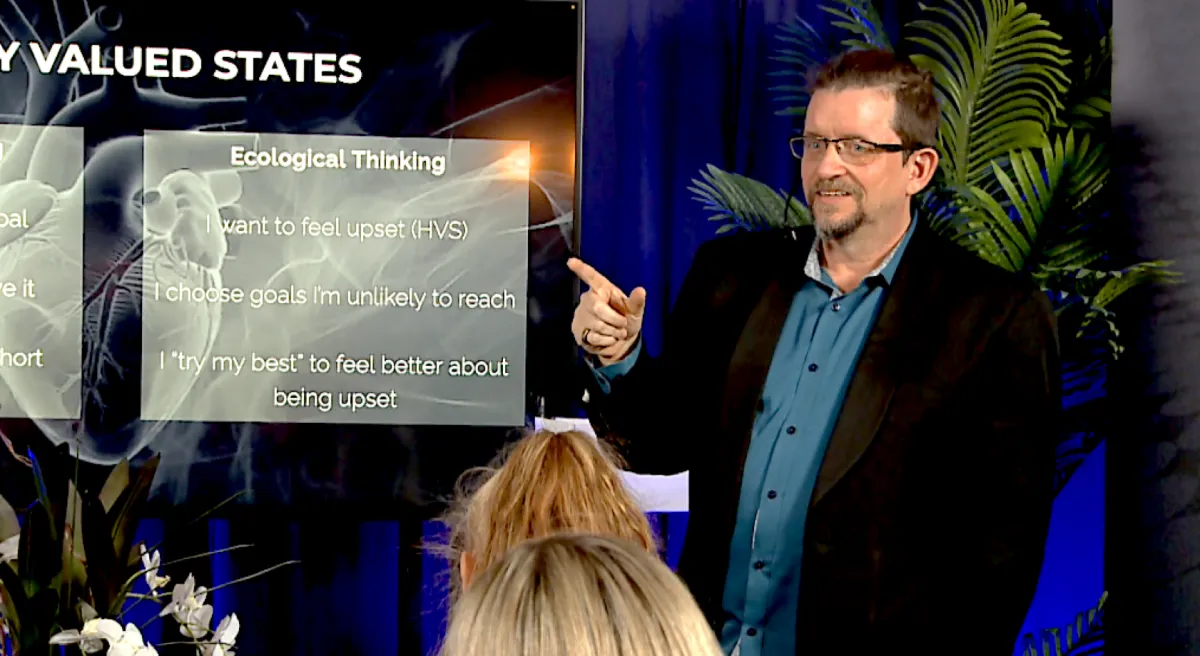
I've helped 12 startups
reach $1 billion
Executive coaching for ambitious
humanity-positive founders

By the numbers...
30,000+
Paid Coaching Sessions
Clients stay with me
70+
months on average
Clients raised
$1.2B
In the last 24 months
Trained and mentored
2,000
coaches
Clients Say...

"I've spoken to 1600 executive coaches in the last decade, I believe Bryan to be the among best there is. Shortest time-to-value I've ever seen."
— A.G., CEO Titan
(Pre Series A)

"Bryan is involved in every important strategic decision. His coaching is crucial to me as a leader as well as to the company."
— N.F., CEO Twelve
(Unicorn)

"We wouldn't be where we are today without Bryan. I implement (almost) everything he suggests to great benefit"
— F.N., CEO Fleet Space
(Unicorn)

STORIES FROM THE FOUNDER'S DESK
THE BRILLIANCE TRAP
I’ve noticed something surprising after two decades of coaching top-tier founders: it’s the brilliant ones who often get the most stuck. Not because they lack insight but because they’ve built identities around being right. When their company needs them to grow in ways that feel unfamiliar or humbling, they resist. The real challenge isn’t intellect—it’s surrender. Read more >>
WHEN 'BEST PRACTICES' BREAK YOU
Everyone loves a good goal. We set KPIs, OKRs, and targets like they’re gospel. But I’ve seen goal-setting backfire more times than I can count—killing motivation, distorting identity, and turning founders into task managers instead of visionaries. What if your obsession with outcomes is the very thing holding you back? Read more >>
BECOMING WHO THE ROLE REQUIRES
Most founders start off playing the hero. It works—until it doesn’t. Eventually, your need to be the smartest, most capable person in the room will limit your company’s capacity to grow. The hardest leadership shift? Learning to not be needed. Read more >>
TRUST IS A SYSTEM, NOT A FEELING
People talk about trust like it’s emotional glue. But in high-performance cultures, trust isn’t a vibe—it’s a system. When trust breaks down between co-founders or execs, it’s rarely about the relationship. It’s about misaligned incentives, murky agreements, or unspoken expectations. Culture doesn’t fix that—structure does. Read more >>
YOUR BIGGEST STRENGTH IS IN THE WAY
Every founder I’ve coached has one strength so dominant, it becomes a liability. Maybe it’s your vision. Your grit. Your charisma. Whatever it is, it probably got you your first million in revenue—and it’s probably what’s stopping you from getting to ten. I help founders see how their superpower is shaping their blind spot. Read more >>

BRYAN'S PHILOSOPHY
NO ONE-TRICK PONY
Inspired by the integral model made popular by Ken Wilber, Bryan developed the WISC system as an approach to coaching leaders who are disrupting the largest and most innovative industries.
While most coaches try to solve all problems from a single dimension, Bryan and his clients find low hanging fruit and unconventional solutions by looking at every challenge from these four dimensions simultaneously.
(W)orkable Actions focus on best practices and pattern recognition from over 100+ years worth of board meetings. (I)nternal Experience solves problems by winning the inner game. (S)ystems thinking creates the infrastructure that makes the desired outcome inevitable. And (C)ulture - as Peter Drucker famously said - eats strategy for breakfast.

NO ONE HAS EVER LED YOUR COMPANY IN THIS TIME
There is no formula for startup success. There is no "entrepreneurial OS" for winning the game you signed up to play.
That's what I love about founders. And it's also why founders need the highest quality coaching available. If we simply follow best practices, we'll fail because we'll miss the nuances that make every company and every market and every point in time unique.
If we ignore them, we'll fail because we'll discover the hard way why things tend to be done the traditional way. Every best practice was written in the 'blood' of a failed company in the past.
Knowing when to innovate and when to pattern-match is unnecessarily challenging without the help of a guide who knows the territory as well as your interior strengths and challenges.

47% Of Exiting Founders Have A Coach
Which is about 4x the rate that founders who never exit take advantage of executive coaching.
You need a thought partner to talk through the most challenging decisions who:
1) Has your back
2) Is free from conflict of interests (unlike your investors, board members, employees, and co-founders) and will always tell you the truth.
3) Is outside the system, and is free from attachment to the "way we did it a x company"
4) Has seen dozens of hyperscalers and hundreds of failures from the inside of the executive conference room
5) Will expand -- if not blow - your mind in every conversation
EX FOUNDERS MAKE THE BEST COACHES
Bryan's perspective is shaped by his direct experience as a venture-backed CEO and founder who has navigated both successful exits and humbling failures. His coaching is enriched by deep empathy, practical wisdom, and first-hand knowledge of the emotional and strategic complexities faced by today's disruptive leaders.
Over the last 25 years, Bryan has built a vast network in Silicon Valley that he draws upon to give his clients every possible advantage as they navigate the challenges of rapid growth.

25 YEARS SHAPING THESE
FUTURE FACING INDUSTRIES

Artificial Intelligence
Formlogic
Luminous
OutboundWorks
Cadence
Microsoft
Signifyd

Climate Tech & Space
Fleet Space
Pine Creek
GreenOrder
Form Logic
Orbit Fab
Twelve
Gantri

Human Potential
Journey
Superscirpt
Sana Health
Helium Health
Flow Research
Landmark Education
Industry Rockstar
Significant Projects

CO-FOUNDER
Lifetime Trusted Advisor
The world's most advanced executive coach training program. Participants add $100k in income and triple their client LTV during the 6-month program.
CO-FOUNDER
Relationship Dynamics
Institute
Take the quiz and permanently resolve any relationship conflict.


MUSIC
Conscious Rap
Improv Piano & EDM
Bryan's a musical polymath, performing under the name NIMITAE.
(N)othing (I)s (M)ore (I)mportant (T)han (A)nything (E)lse
CO-AUTHOR
The Last
Safe Investment
If you want to get ahead and enjoy a life of prosperity, you must invest in the last safe investment: yourself, and your own skills, value to others, relationships, and overall happiness.


RABIT HOLES
BINGE-WORTHY VIDEOS
Get sucked in to ideas, inspiration, and performances, and insights by Bryan and his heroes.

5 Aspects Of Strategic Genius
Leadership
6 Weeks

Mechanics Of Change: Ecology
Transformation
6 Weeks

The 6 Commitments
Transformation
6 Weeks

Remix: Walk Away
Music
6 Weeks

Coaching Luminaries on the Lifetime Trusted Advisor Program
Leadership
6 Weeks

TEDx: The Most Dangerous Question On Earth
Transformation
6 Weeks
